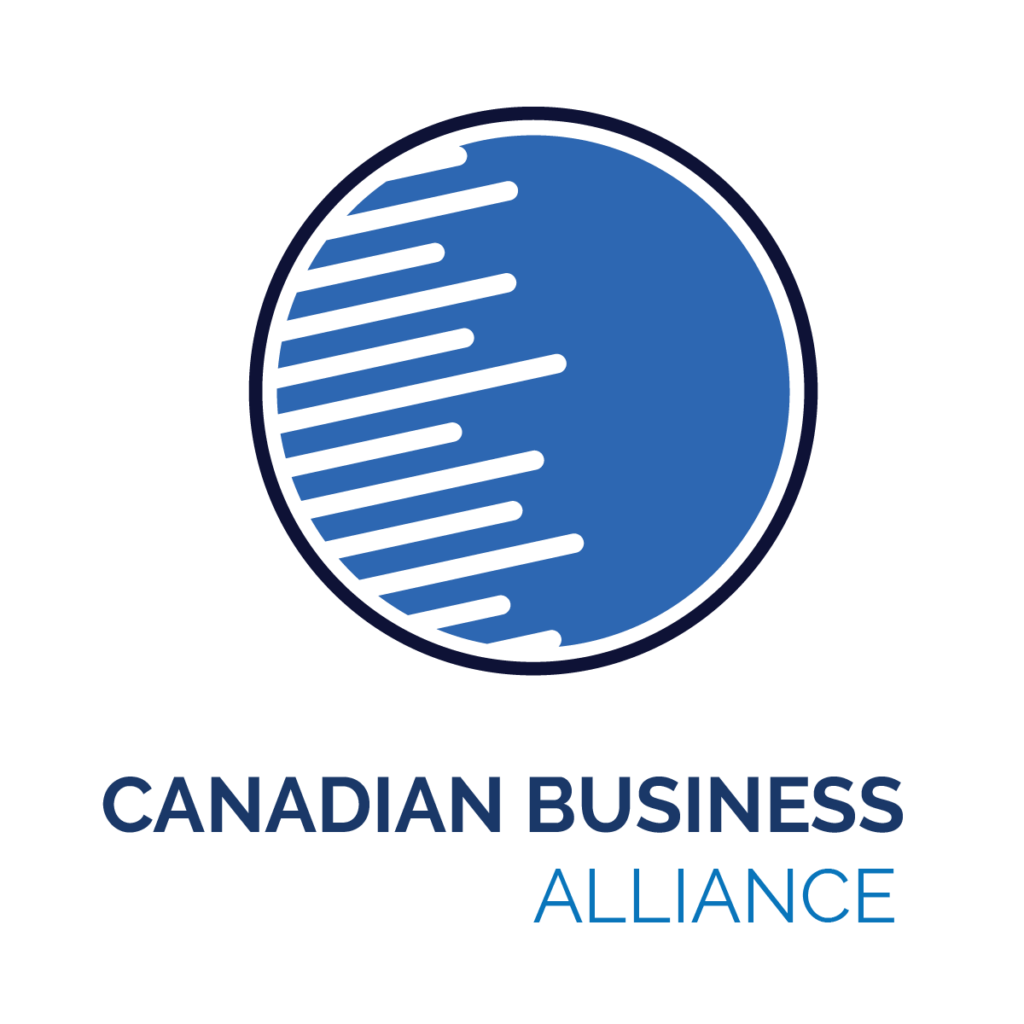Attract Top Talent with a Strong Employer Brand
In today’s competitive job market, building a strong employer brand is not just a nice-to-have—it’s a necessity. For recruiters and HR professionals, creating an attractive and engaging company image can be the key to bringing in top talent and retaining valued employees. This blog post explores the essential steps to develop a compelling employer brand that resonates with potential recruits and current team members alike.
An employer brand represents your company’s identity as an employer. It encompasses your values, culture, and the overall perception of your workplace among current and potential employees. A strong employer brand can distinguish your organization from competitors, making it easier to attract high-caliber candidates and retain talented staff.
The benefits of a robust employer brand are manifold. Not only does it help in recruiting top talent, but it also enhances employee engagement, reduces turnover rates, and elevates your company’s reputation in the industry. Let’s explore how you can build and maintain a powerful employer brand.
Define Your Company Values and Culture
Identify Core Values
The foundation of a strong employer brand lies in clearly defined core values. These are the guiding principles that shape your company’s decisions and behaviors. Start by identifying what matters most to your organization, whether it’s innovation, integrity, teamwork, or customer focus. Engaging employees in this process can ensure that the values resonate throughout the company.
Core values should be more than just words on a wall. They should be actionable and integrated into every aspect of your business operations. Reflect on how these values influence your company policies, management practices, and daily interactions.
Understand Your Company Culture
Your company culture is the unique social and psychological environment within your workplace. It includes the shared beliefs, customs, and behaviors that define how employees interact and work together. To articulate your culture, consider what makes your workplace enjoyable and distinct. Is it the collaborative environment, the flexibility, or the commitment to personal growth?
Understanding your culture helps in communicating it effectively to both current employees and potential hires. A positive and well-defined culture can be a significant draw for candidates looking for a workplace where they can thrive.
Communicate Clearly
Clear communication is vital to ensuring that all employees understand and embody your company values and culture. Regularly share stories and examples that highlight these elements in action. Whether through team meetings, newsletters, or social media, make sure that the message is consistent and reinforced frequently.
By fostering a shared understanding of your values and culture, you create a cohesive and motivated workforce. Employees who align with these principles are more likely to be engaged, productive, and loyal.
Create a Compelling Employer Value Proposition (EVP)
Identify What Sets You Apart
Your Employer Value Proposition (EVP) is a unique set of benefits and opportunities that you offer to employees. It differentiates you from other employers and highlights why someone should choose to work at your company. Consider factors like career development opportunities, work-life balance, and the impact employees can make.
A strong EVP should reflect what makes your company special. Engage with employees to understand what they value most and incorporate these insights into your EVP.
Align with Employee Needs
An effective EVP addresses the needs and aspirations of both current and potential employees. Conduct surveys and feedback sessions to gather insights into what matters most to your workforce. Ensure that your EVP aligns with these priorities, whether it’s offering flexible working hours, health benefits, or opportunities for professional growth.
By aligning your EVP with employee needs, you create a more attractive and fulfilling workplace. This alignment can lead to higher job satisfaction and retention rates.
Communicate Your EVP
Integrate your EVP into all aspects of your communication strategy. Highlight it in job postings, on your company website, and in marketing materials. Use storytelling to illustrate how your EVP translates into the day-to-day experiences of employees.
Effective communication of your EVP reinforces your brand message and attracts candidates who resonate with your values and offerings. Consistency in messaging helps in building and maintaining a strong employer brand.
Leverage Social Media and Online Presence
Showcase Your Culture
Social media is a powerful tool for showcasing your company culture. Share photos, videos, and stories that highlight daily life at your organization. Whether it’s team-building activities, office celebrations, or community involvement, these glimpses into your workplace can make your company more relatable and appealing.
Visual content is particularly effective in conveying your culture. Use platforms like Instagram, LinkedIn, and Facebook to reach a wider audience and provide a behind-the-scenes look at what makes your company unique.
Engage with Followers
Engagement is key to building a strong online presence. Respond to comments, messages, and reviews promptly and thoughtfully. Show appreciation for positive feedback and address any concerns respectfully and constructively.
By actively engaging with your audience, you demonstrate that you value their input and are committed to maintaining an open line of communication. This engagement can enhance your company’s reputation and foster a sense of community.
Highlight Employee Achievements
Publicly celebrate the successes and milestones of your employees. Whether it’s a work anniversary, a promotion, or a project completion, acknowledging these achievements shows that you value and recognize hard work.
Highlighting employee achievements not only boosts morale but also showcases the accomplishments of your team. This recognition can attract candidates who are looking for a supportive and appreciative work environment.
Encourage Employee Advocacy
Promote Employee Testimonials
Employee testimonials are powerful endorsements of your company. Feature stories and testimonials from current employees on your website and social media channels. These firsthand accounts provide authentic insights into what it’s like to work at your company.
Encourage employees to share their experiences, whether it’s about their career growth, work-life balance, or the supportive culture. Authentic testimonials can significantly influence potential candidates.
Create an Ambassador Program
An ambassador program encourages employees to actively promote your brand. Identify employees who are passionate about your company and provide them with the tools and resources to share their experiences on social media and other platforms.
By empowering employees to be brand ambassadors, you amplify your reach and build trust with potential candidates. Employees who genuinely believe in your brand can be your best advocates.
Provide Incentives
Offer incentives to employees who actively promote your brand. These incentives can include bonuses, gift cards, or additional time off. Recognize and reward those who contribute to building a positive employer brand.
Incentives motivate employees to participate in advocacy efforts and reinforce their commitment to your company. A well-structured program can drive engagement and expand your brand’s visibility.
Foster a Positive Work Environment
Support Work-Life Balance
Work-life balance is a critical factor in employee satisfaction. Implement policies that promote a healthy balance between work and personal life. Offer flexible working hours, remote work options, and wellness programs.
Supporting work-life balance shows that you care about your employees’ well-being. This support can lead to higher productivity, reduced stress, and increased job satisfaction.
Offer Professional Development
Provide opportunities for training and career advancement. Offer workshops, mentorship programs, and access to online courses. Encourage employees to pursue professional certifications and further education.
Investing in professional development demonstrates your commitment to employee growth. It helps in retaining top talent and preparing future leaders within your organization.
Recognize and Reward Employees
Regularly acknowledge hard work and achievements through awards, incentives, and public recognition. Celebrate both individual and team successes to foster a sense of accomplishment and appreciation.
Recognition and rewards boost morale and motivation. Employees who feel valued are more likely to stay engaged and committed to your company.
Ensure Consistent Communication
Maintain Transparency
Transparency is essential in building trust with your employees. Keep them informed about company goals, changes, and successes. Share regular updates through emails, town halls, and internal newsletters.
Maintaining transparency fosters a culture of openness and honesty. It helps employees feel connected to the larger mission and vision of the company.
Solicit Feedback
Regularly ask for and act on employee feedback. Conduct surveys, focus groups, and one-on-one meetings to gather insights into their experiences and concerns. Use this feedback to make improvements and address any issues.
Soliciting feedback shows that you value employee opinions and are committed to creating a positive work environment. Acting on feedback builds trust and demonstrates responsiveness.
Foster Open Dialogue
Encourage open communication between management and staff. Create forums for employees to share their ideas, ask questions, and voice concerns. Promote a culture where feedback is welcomed and valued.
Open dialogue enhances collaboration and innovation. It creates a sense of belonging and empowerment among employees.
Optimize Your Hiring Process
Simplify Applications
Make the application process user-friendly and straightforward. Avoid lengthy forms and unnecessary steps. Ensure that your career page is easy to navigate and mobile-friendly.
A simplified application process improves the candidate experience and increases the likelihood of attracting top talent. It reflects positively on your employer brand.
Provide a Positive Candidate Experience
Treat all applicants with respect and provide timely updates throughout the hiring process. Communicate clearly about the next steps and set realistic expectations. Personalize interactions to make candidates feel valued.
A positive candidate experience leaves a lasting impression. Even candidates who are not hired may speak positively about your company, enhancing your reputation.
Onboard New Hires Effectively
Ensure new employees feel welcome and prepared to succeed. Provide comprehensive onboarding programs that cover company policies, culture, and job-specific training. Assign mentors to guide new hires through their initial days.
Effective onboarding sets the tone for a successful employment relationship. It helps new hires integrate smoothly and become productive members of the team.
Monitor and Improve Your Employer Brand
Track Key Metrics
Measure employee satisfaction, retention rates, and candidate feedback. Use key performance indicators (KPIs) to assess the effectiveness of your employer branding efforts.
Tracking metrics provides valuable insights into areas of success and opportunities for improvement. It helps in making data-driven decisions.
Conduct Regular Surveys
Use surveys to gather insights on employee and candidate experiences. Regularly assess how employees feel about their work environment, culture, and overall satisfaction.
Surveys provide actionable feedback that can guide your employer branding strategy. They help in identifying trends and addressing any issues.
Continuously Refine Your Strategy
Make data-driven improvements to strengthen your employer brand. Regularly review and update your strategies based on feedback and performance metrics. Stay adaptable and responsive to changing needs.
Continuous refinement ensures that your employer brand remains relevant and effective. It positions your company as a desirable place to work.
Building a strong employer brand is an ongoing process that requires dedication and strategic effort. By defining your company values, creating a compelling EVP, leveraging social media, encouraging employee advocacy, fostering a positive work environment, ensuring consistent communication, optimizing your hiring process, and continuously monitoring and improving your strategies, you can attract and retain top talent.
For recruiters and HR professionals, these steps are crucial in positioning your company as an employer of choice. Implement these strategies to enhance your employer brand and create a workplace where employees thrive and candidates aspire to join.
Ready to take your employer branding to the next level? Start today and watch your organization flourish.


